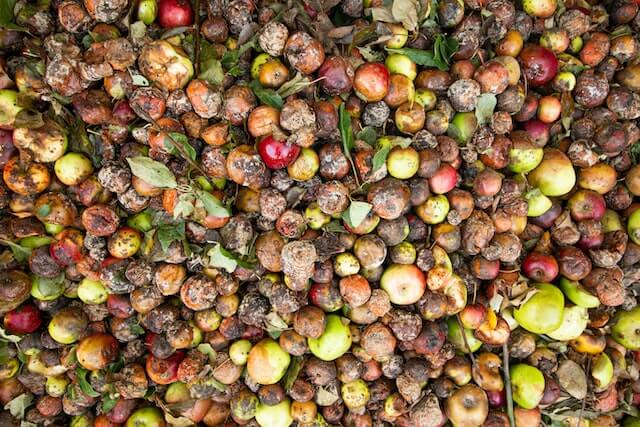
Food waste is a major issue in Kenya, with estimates suggesting that as much as 40% of all food produced in the country is lost or wasted. This has significant environmental, social, and economic consequences, including increased greenhouse gas emissions, wasted resources, and lost income for farmers. At Wapishi, we are dedicated to addressing this issue and making a positive impact on the food industry in Kenya.
One of the main ways that Wapishi is working to reduce food waste in Kenya is by streamlining the procurement process for food service providers. By using our online platform, food service providers can easily access a wide range of fresh, locally-grown produce and other food products, reducing the risk of waste due to overstocking or spoilage.
In addition to improving traceability and procurement, Wapishi is also working to promote sustainable agriculture practices in Kenya. By sourcing products from farmers who use environmentally friendly methods, such as integrated pest management and water-efficient irrigation techniques, we can help to minimize the environmental impact of food production and reduce waste.

Another key way that Wapishi is contributing to the reduction of food waste in Kenya is through our digital wallet, which offers credit and financial services to customers and smallholder farmers. By providing access to credit, we can help farmers to finance their operations and invest in their businesses, increasing their yields and reducing waste.
In addition to our core business, Wapishi is also working to raise awareness about the issue of food waste and encourage more responsible consumption. By educating our customers about the importance of sustainable practices and encouraging them to make informed choices about their food purchases, we hope to promote a culture of responsible consumption and reduce waste.
Finally, Wapishi is committed to using data and technology to drive continuous improvement in our operations and the wider food industry. By using machine learning algorithms to analyze data about food products and their movement in the supply chain, we can identify bottlenecks and inefficiencies that contribute to waste and take action to optimize our processes and reduce waste.




